Khabar Khair (Only Good News) – Abdul Jalil Al-Salmi
Microfinance institutions in Yemen have emerged from the repercussions of the crisis that the protracted conflict had on the economy and the financial sector in particular, which confirms the restoration of the sector’s contribution to the economy, and the establishment and development of small businesses in the country.
According to the latest financial statistics, microfinance banks were able to reach the same levels they had before the conflict, and achieved a dominant market share in the banking and financial sector amounting to 7%, ny the end of 2019 AD.
The value of the existing loan portfolio of microfinance institutions in Yemen has declined from 12.2 billion riyals in December 2014 AD to 7.9 billion riyals in October 2015 AD, a decline of -35.7%, according to data from the Ministry of Planning and International Cooperation.
Hence, the study (Microfinance in Yemen – Overview of Challenges and Opportunities) revealed an increase in the number of active savers in microfinance banks to 1.3 million voluntary savers at the end of 2019 AD compared to 500 thousand savers in 2015 AD.
According to a study prepared by the researcher Munif Al-Shaibani (who is specialized in the financial sector and economic development), microfinance banks and institutions granted 88 thousand borrowers $32 million in 2019 AD, where women accounted for 35% of the loan recipients.
The microfinance sector in Yemen consists of 10 entities: three banks representing the formal sector, and seven microfinance institutions representing the informal sector.
Microfinance banks finance their activities by mobilizing public savings and deposits, and aim to provide banking services to owners of small and micro-enterprises, and financial facilities to reduce unemployment and poverty, enabling the poor to own assets and be self-reliant.
While microfinance institutions rely on external funds and programs directed to them through the Social Fund for Development, and provide various products, including individual and group loans, savings service, and rural finance.
The impact of the Social Fund for Development on the advancement of emerging industries has been enormous, owing to the mandates given to the Fund and the orientation of donor funding to microfinance institutions.
The total loans disbursed since the start of the microfinance sector in Yemen in 1997 AD amounted to some 832,176 loans, with the total investment portfolio exceeding more than $200 million.
The economic researcher Najib Al-Adoufi told “Khabar Khair” (Only Good News) that microfinance plays a pivotal role in helping thousands of citizens emerge from poverty and deprivation, by supporting owners of micro-enterprises who wish to build their own businesses.
He added, “The microfinance industry remarkably recovered in the past years 2012-2014 AD, but faced an unprecedented setback during 2015 AD. The recovery of microfinance institutions will help people rebuild and strengthen their projects”.
According to the results of a study carried out by the Yemen Microfinance Network (YMN), the role of microfinance institutions in the economic empowerment of women, the reduction of child labor, the promotion of food security, the provision of job opportunities, and the access to health and education is becoming increasingly important.
An economic study by the Ministry of Planning and International Cooperation recommended that microfinance institutions focus on providing new products such as savings for the displaced, housing loans for homes reconstruction, and loans in the field of renewable energy. It also recommended the Social Fund for Development and microfinance institutions to support the efforts of small and microfinance programs to expand their services to rural areas, to finance self-initiative programs for youth, and to support rural women in acquiring productive assets.
The proliferation of small and micro-enterprises provides a supportive environment for peacemaking, as unemployed youth are more likely to be involved in battlefronts, while their preoccupation with developing their own businesses discourages the incentives of violence and drives them towards peace.
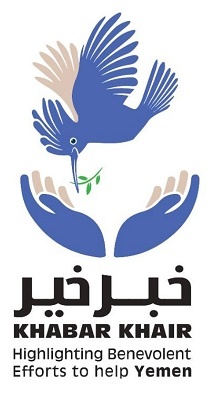
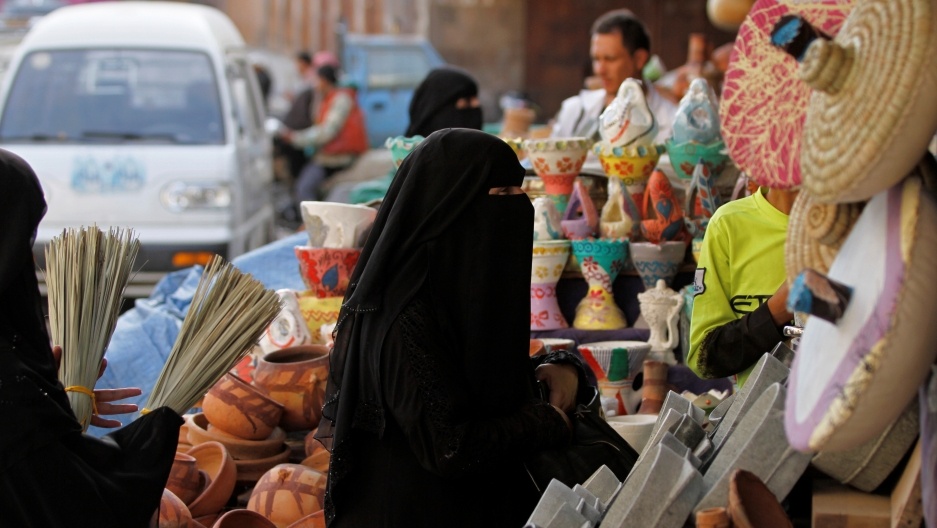
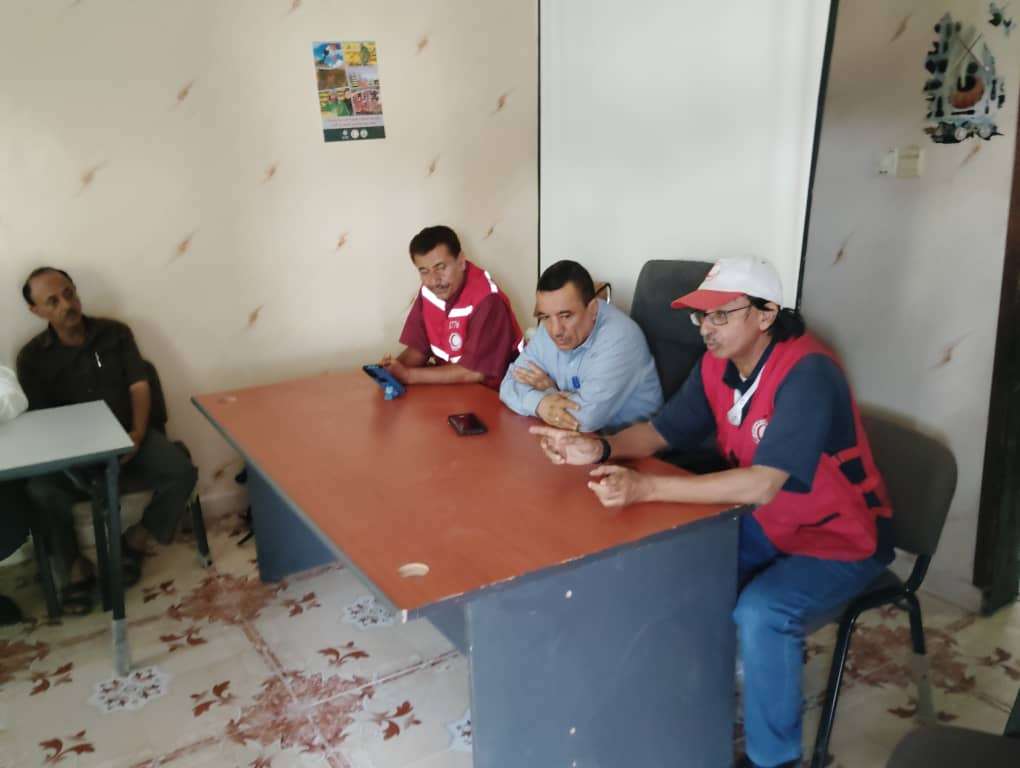
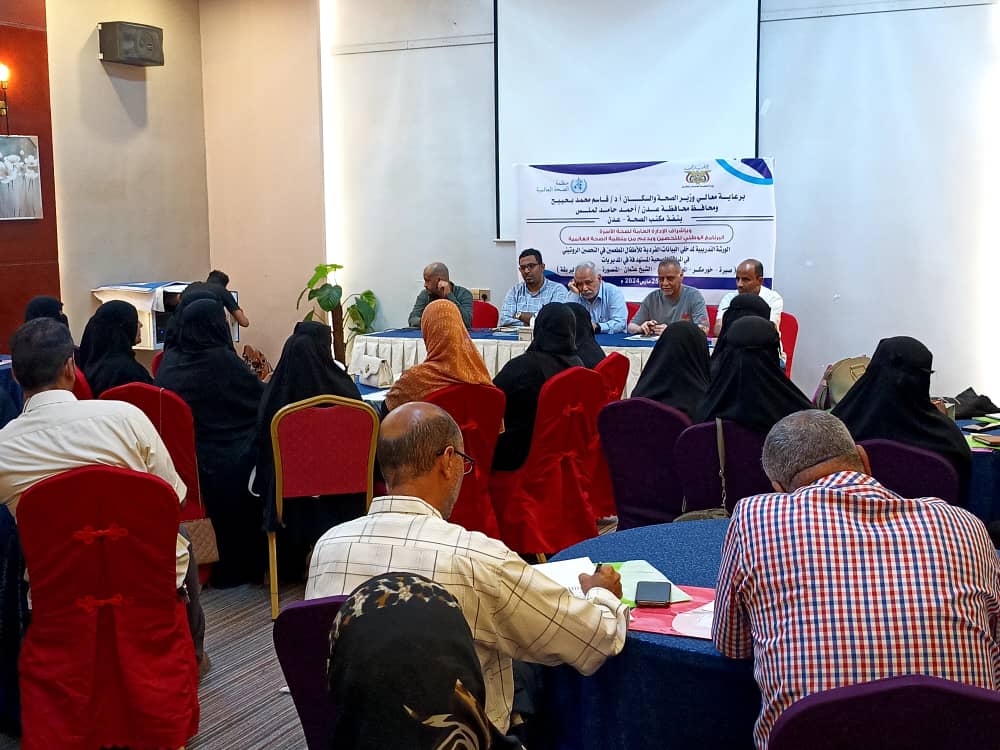
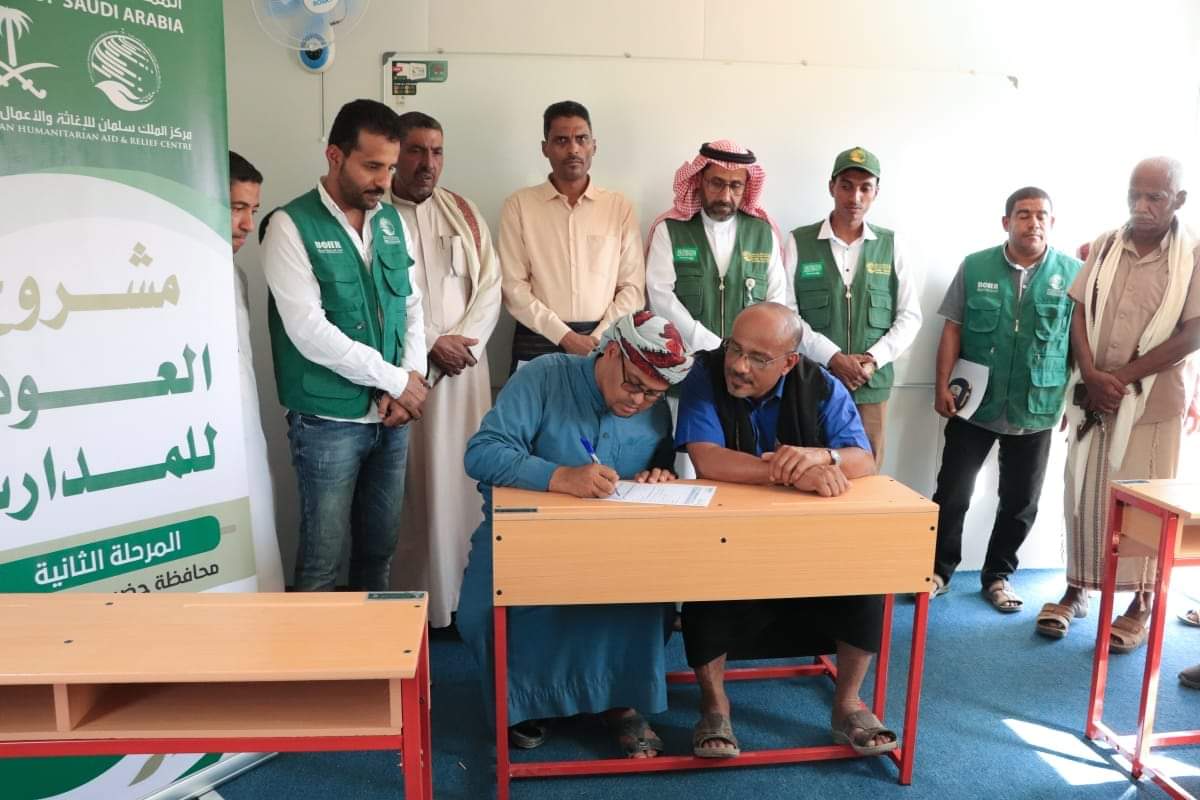
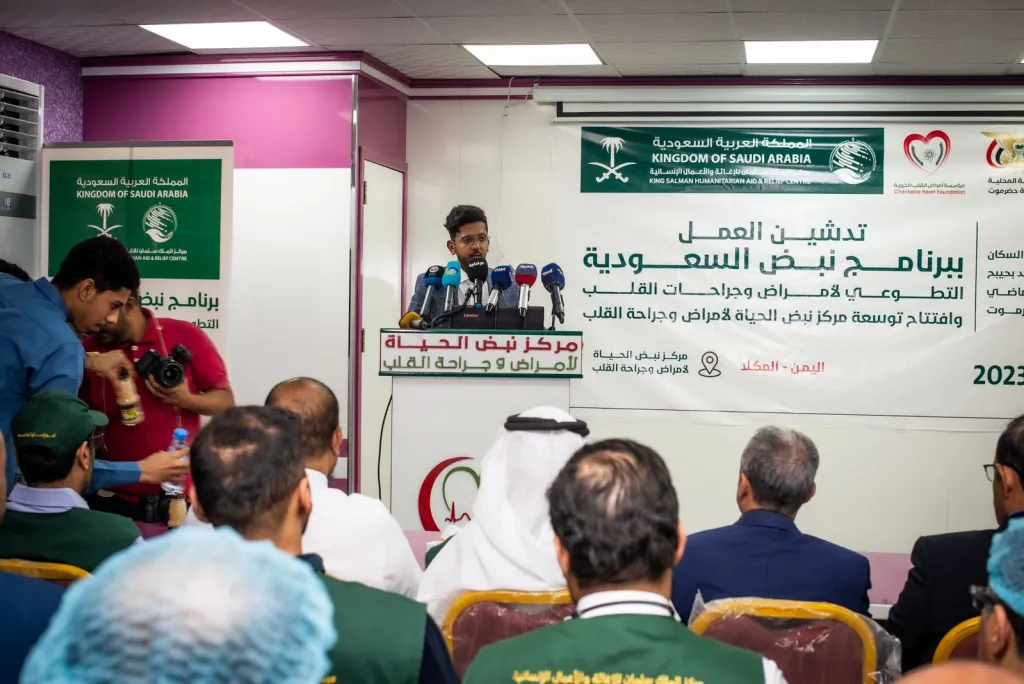

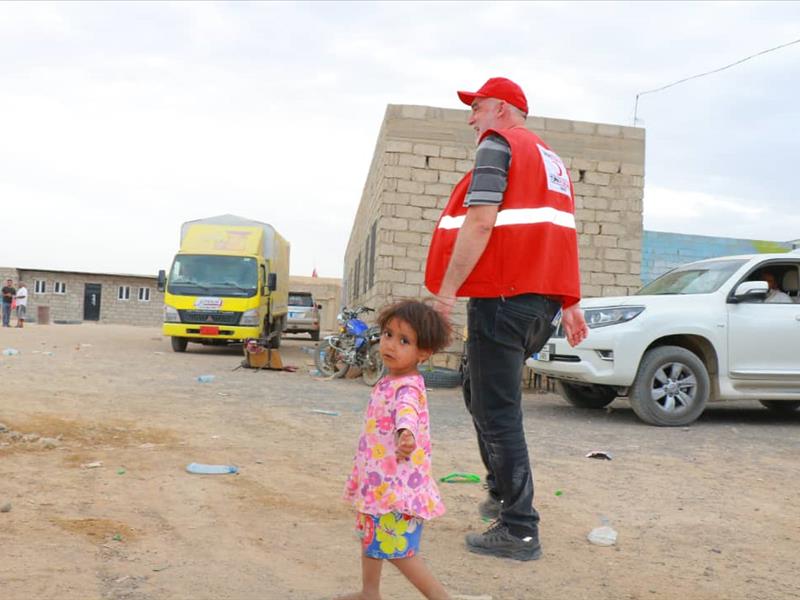
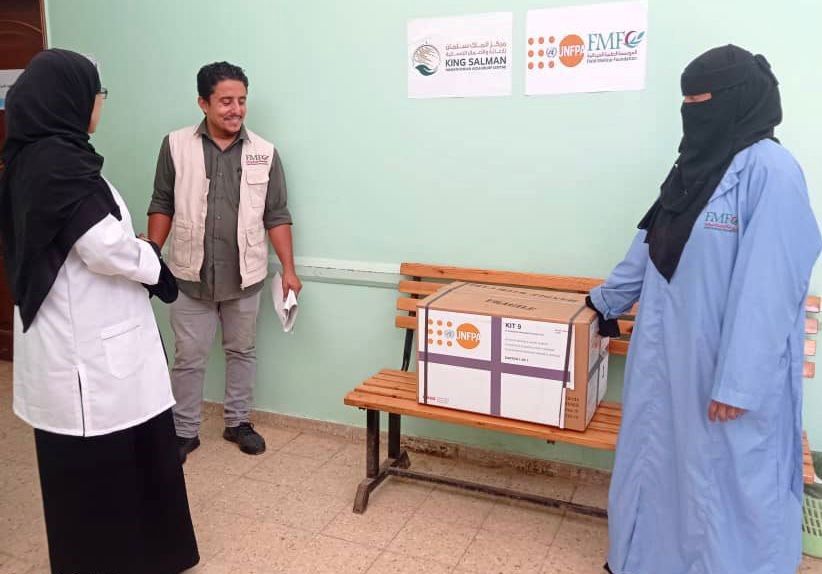


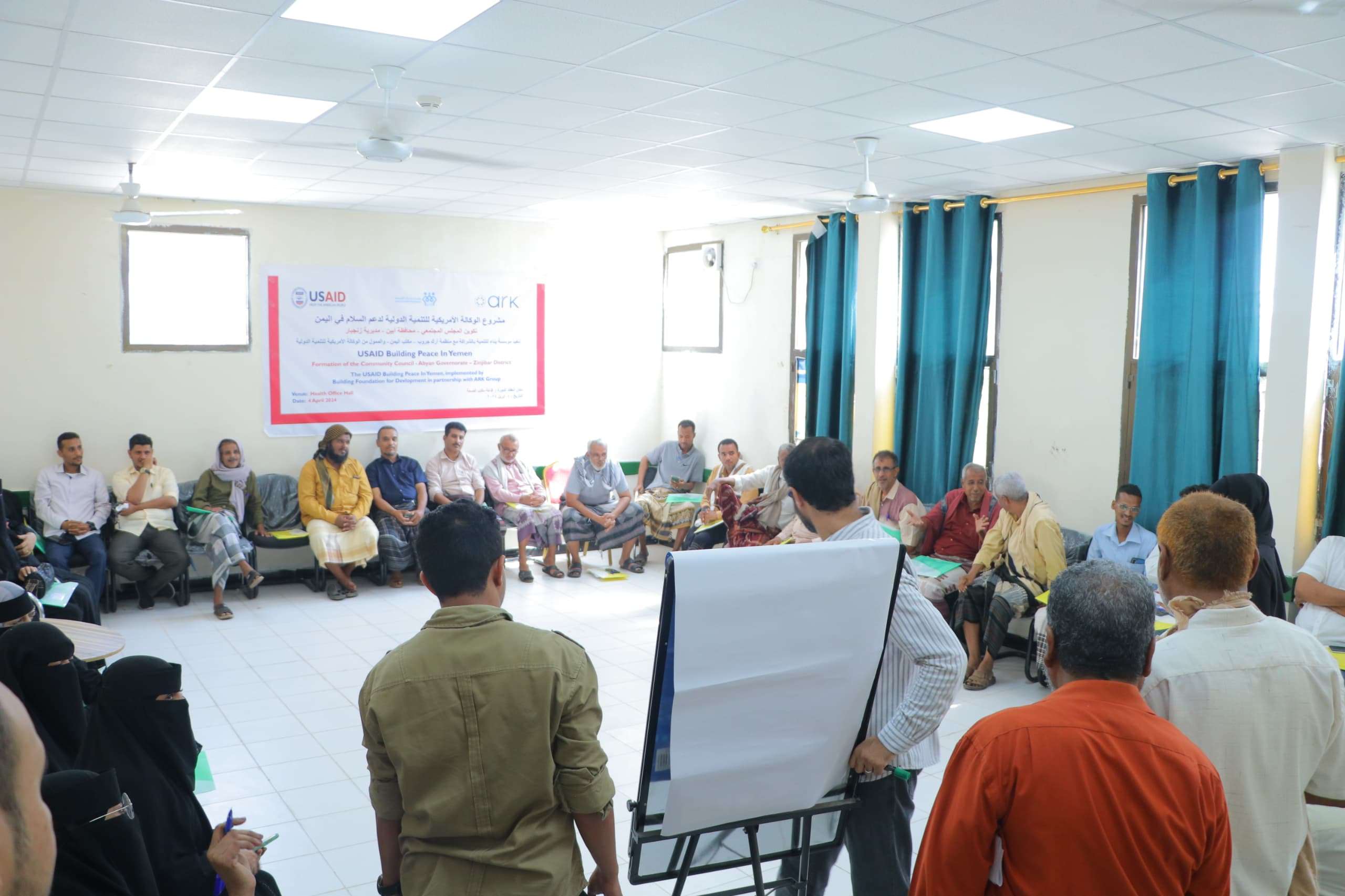

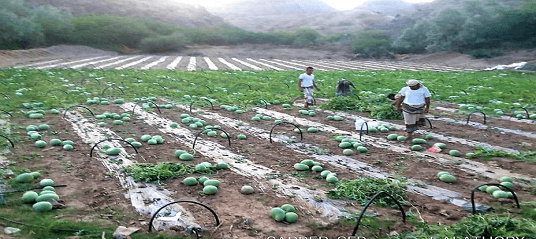
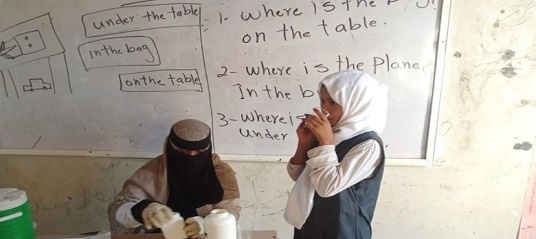
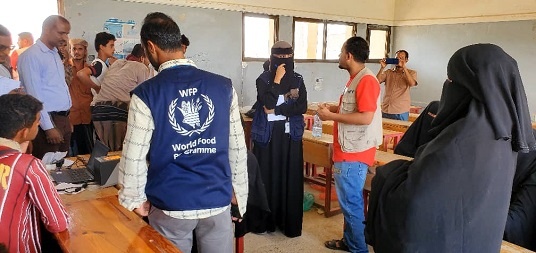
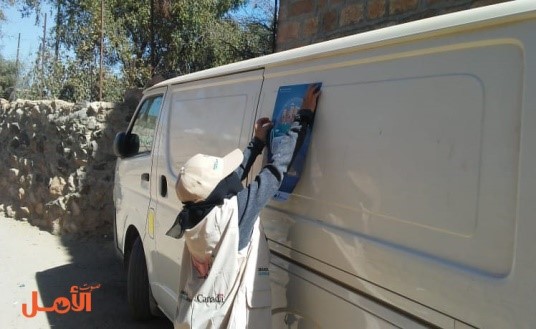
LEAVE A COMMENT